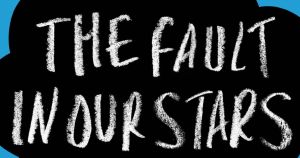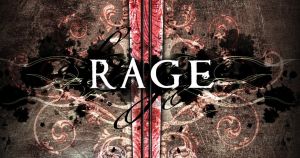
Review: Akata Witch by Nnedi Okorafor
Although I was underwhelmed by the portrayal of albinism in Akata Witch, it’s a great novel that features the first strong, sympathetic lead with albinism I’ve seen in quite a few years.

Although I was underwhelmed by the portrayal of albinism in Akata Witch, it’s a great novel that features the first strong, sympathetic lead with albinism I’ve seen in quite a few years.

Paperboy is only one character’s experience of stuttering, but it’s an honest one. And in a world where so often these stories aren’t told, that comes across like a breath of fresh air.

Despite their proclamations to the contrary—“don’t tell me you’re one of those people who becomes their disease”—the characters are shown to have nothing in their lives that isn’t about their cancer.

A nuanced, natural depiction of disability, realistic in both its physical presentation and the character’s emotional reactions.

The Islands at the End of the World excels on many levels—but from a purely disability perspective, it fall short of its mark.

This is a fast-paced, easy read that would appeal to crime lovers of any age. However, I had a hard time reading this story, primarily because Penelope’s ITP is exaggerated and sensationalized.

Despite noticing some minor inaccuracies and overlooked details, I’m very impressed with the effort the author put into creating an accurate portrayal of the autoimmune condition ITP.

After the first two books in Jackie Morse Kessler’s Riders of the Apocalypse series—Hunger, about a girl with anorexia, and Rage, about a girl with depression—were so positively reviewed on the blog, we were incredibly excited to invite the author over for a joint interview.

I highly recommend Rage for anyone with depression, who wants to learn about depression, or anyone who just enjoys a good story. It’s moving, it’s clever, and despite its fantasy elements it’s incredibly realistic.

Hunger sings with authenticity. Lisabeth’s anorexia is visceral, bordering on uncomfortable, exactly as it should.